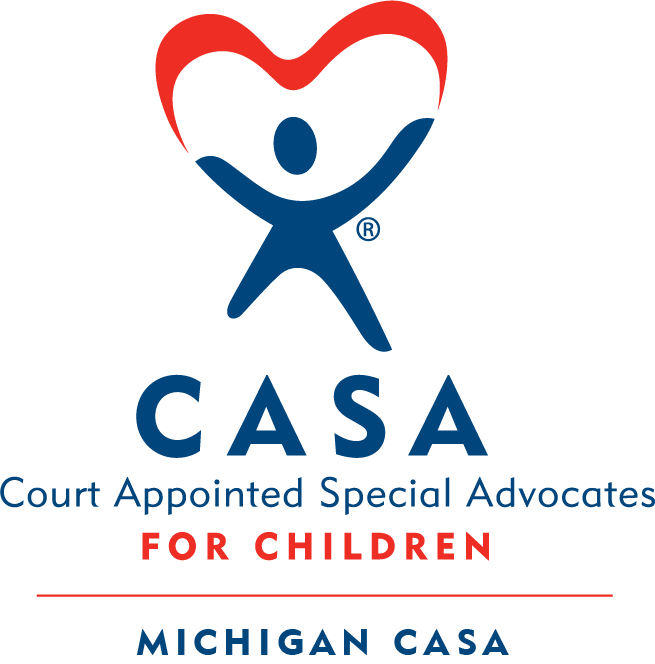This article is part of State of Health, a series about how Michigan communities are rising to address health challenges. It is made possible with funding from the Michigan Health Endowment Fund.
Teenagers can be a "tricky population," says Susan Sheppard, COO of Grand Rapids-based mental health service provider Arbor Circle – and when a teenager becomes a ward of the foster care system, the challenges escalate. When that teenager also lives with a diagnosis of medical fragility, the challenges might seem insurmountable.
Medically fragile foster children may be dependent upon medical equipment like heart monitors or ventilators, may live with chronic health or genetic disorders, or may have developmental disabilities such as cerebral palsy or autism. Alex* is one such teenager. Despite his medical challenges, a family member stepped up to foster him in 2019. With the help of Sheppard and the staff at Arbor Circle, this reinvented family unit was able to successfully adapt and thrive. The family member officially adopted Alex in 2022.
"This was the absolute best result," Sheppard says. "When foster parents feel informed and empowered and supported, their care can be consistent and sustainable. Without that support, caring for a medically fragile foster child would be very challenging."
The Michigan’s Medically Fragile Foster Care Analysis and Planning Project (MI-MFFC) aimed to improve foster care for these children. As one of many collaborative partners in the statewide initiative, Arbor Circle facilitated the project, which sought to lay groundwork for developing a statewide program to meet the special needs of medically fragile foster children. Other collaborators included foster parents, fostering agencies, physicians, attorneys, and representatives of the Michigan Department of Health and Human Services (MDHHS).

